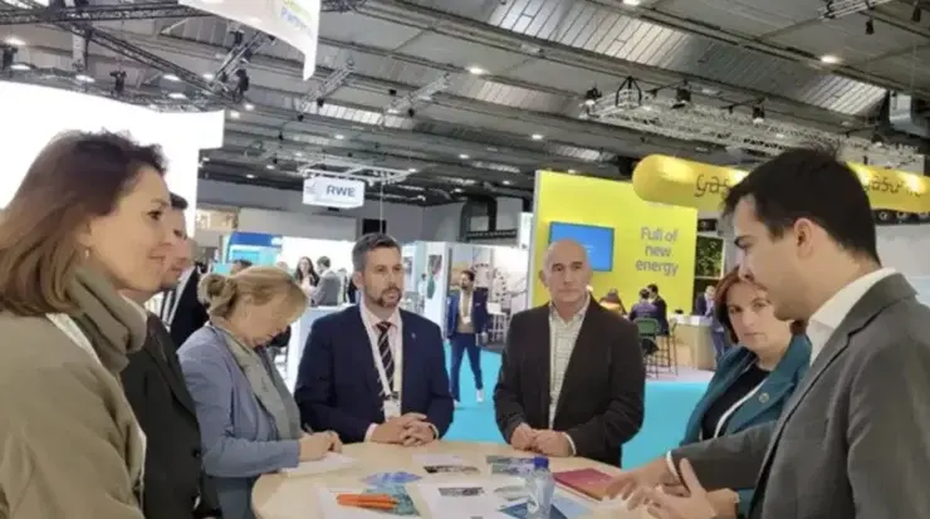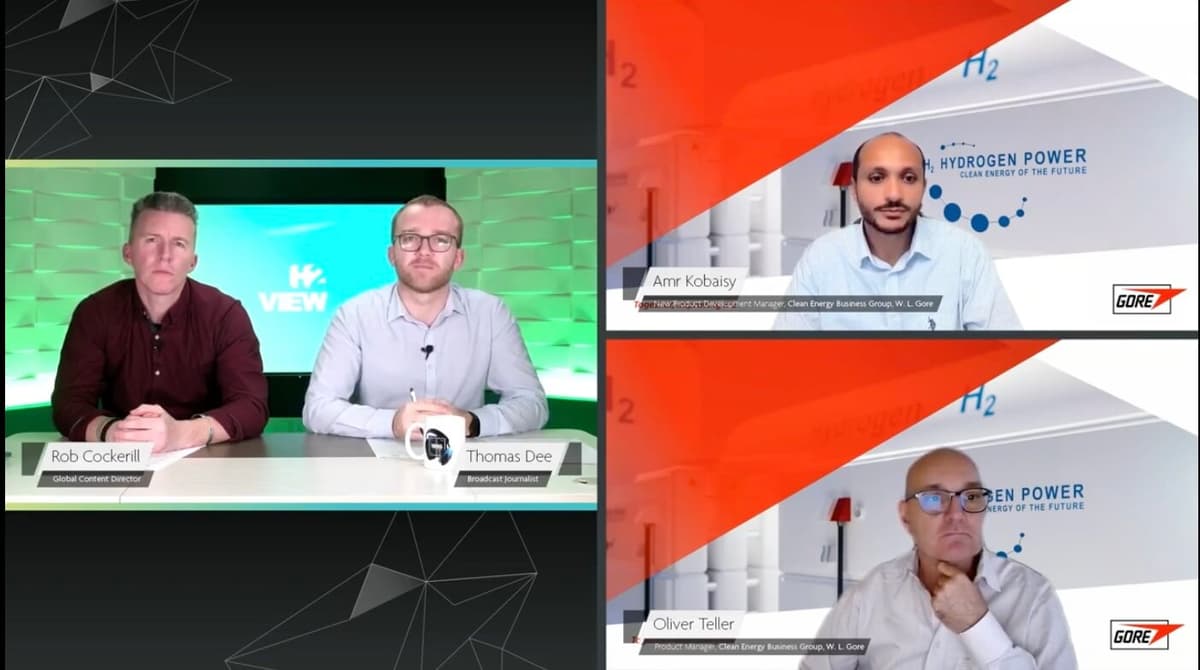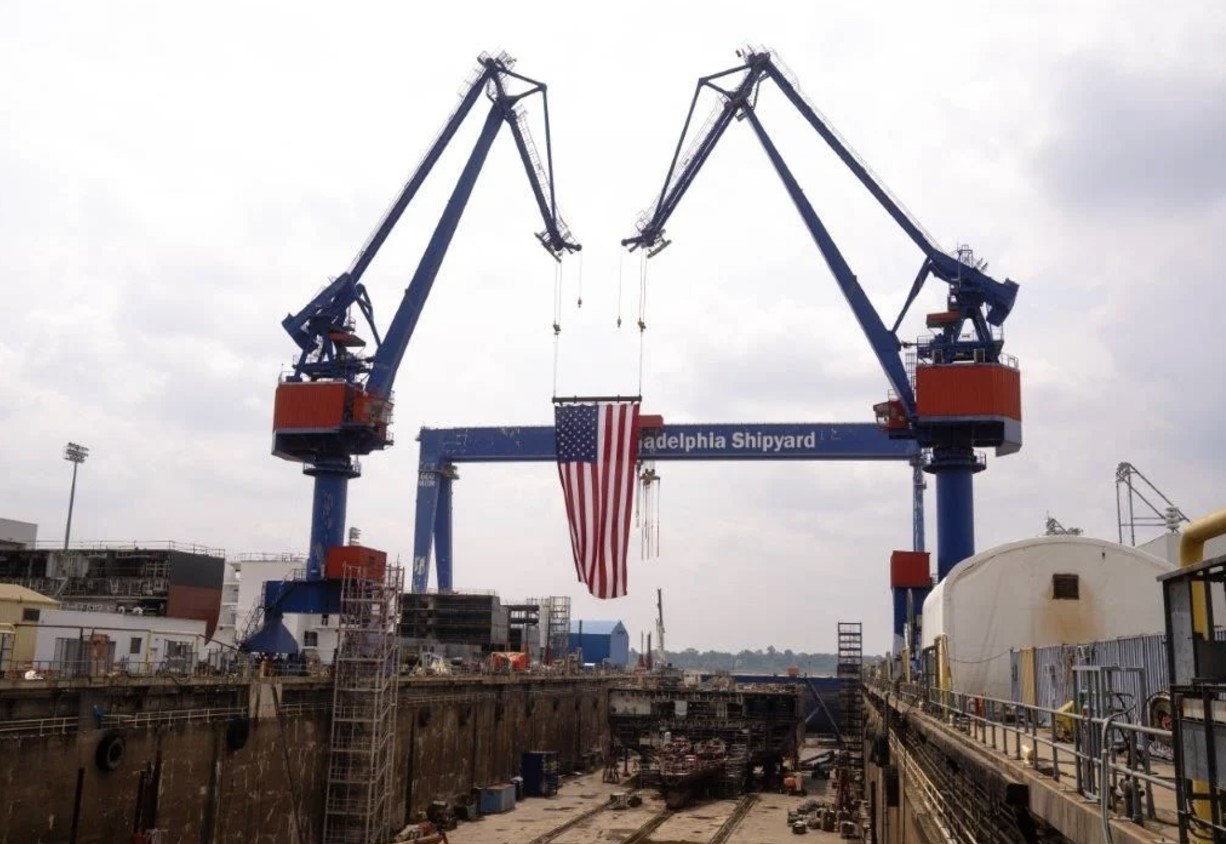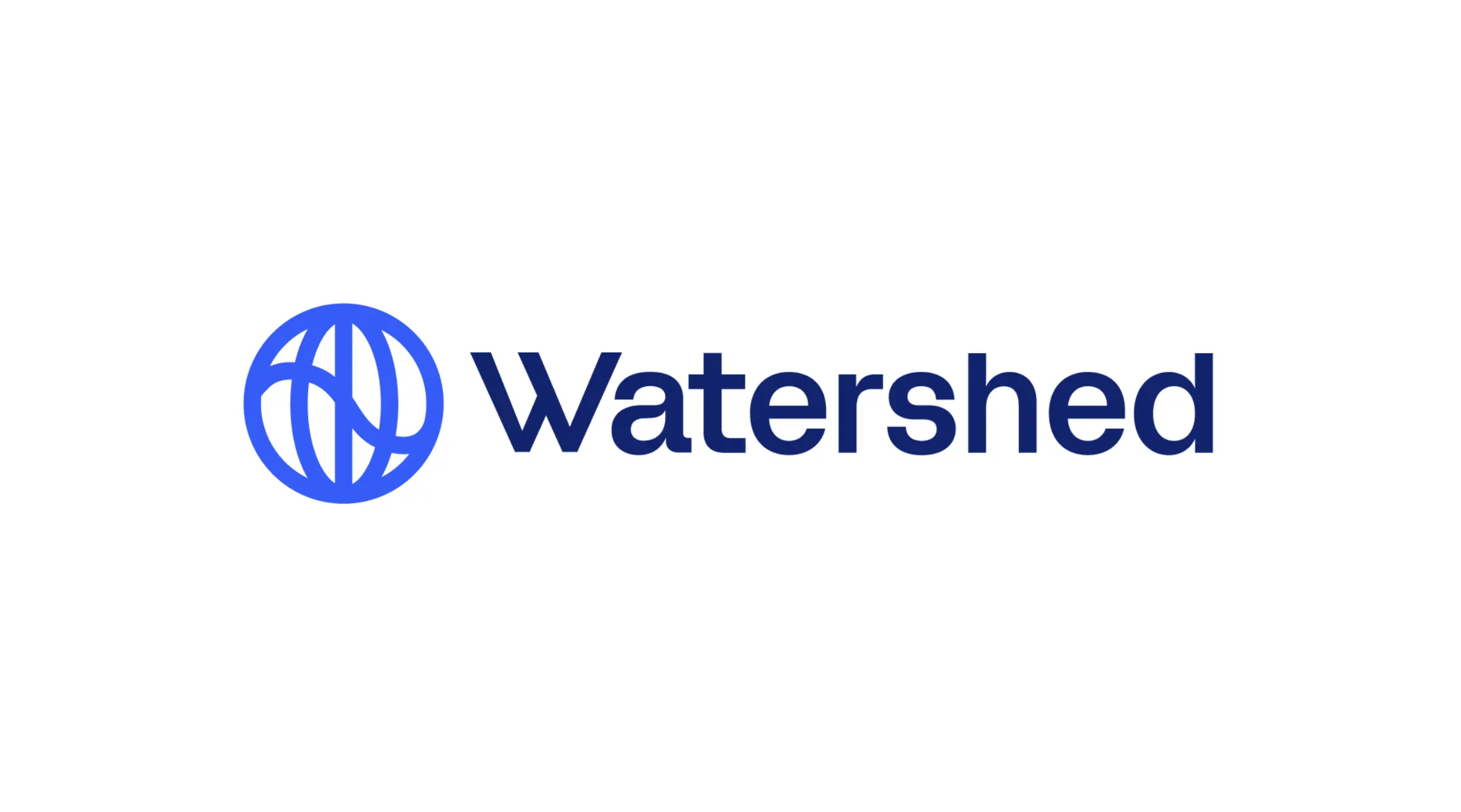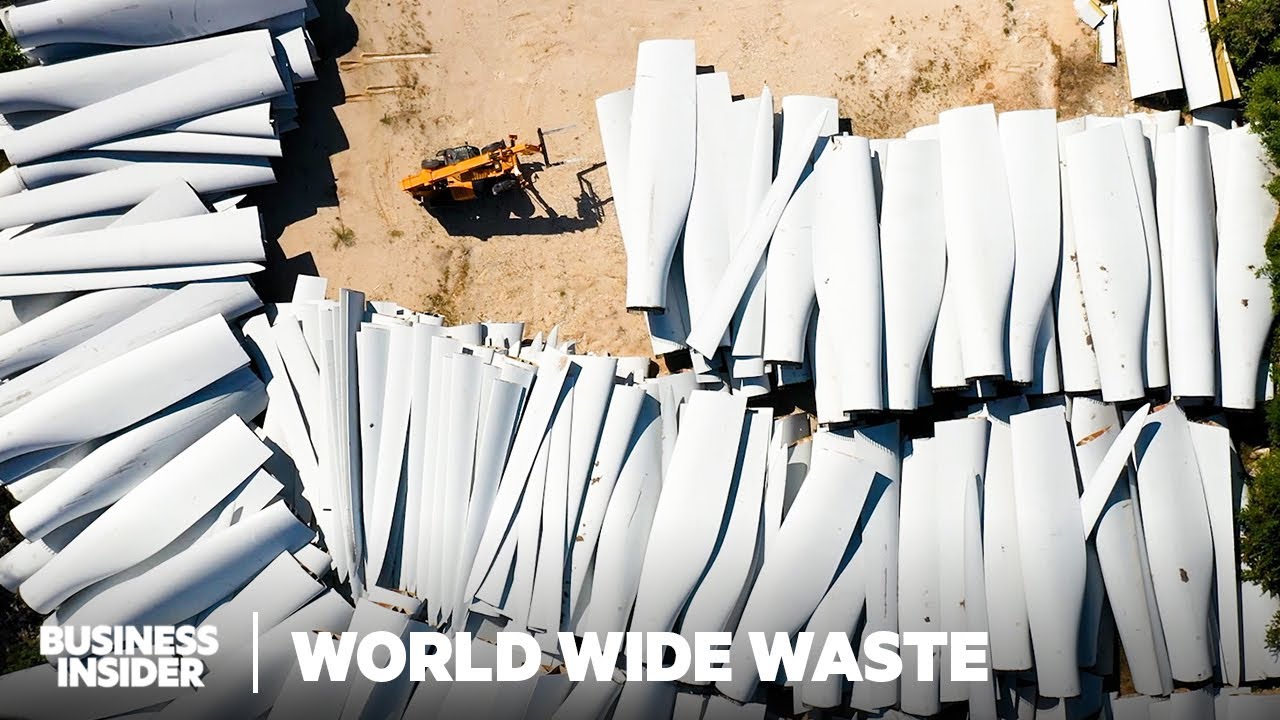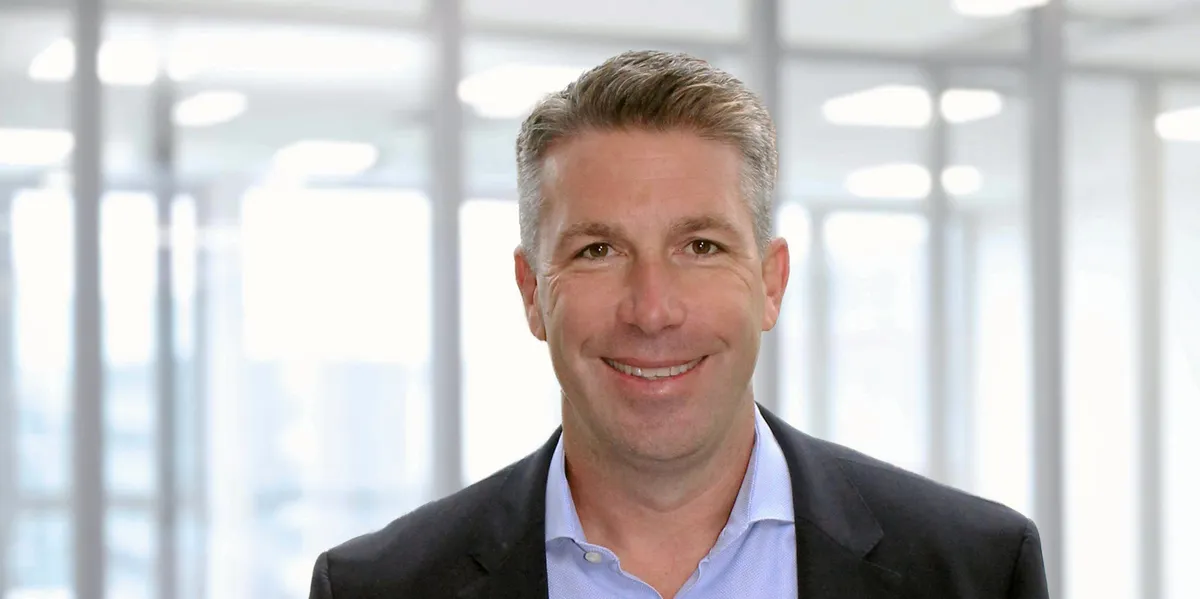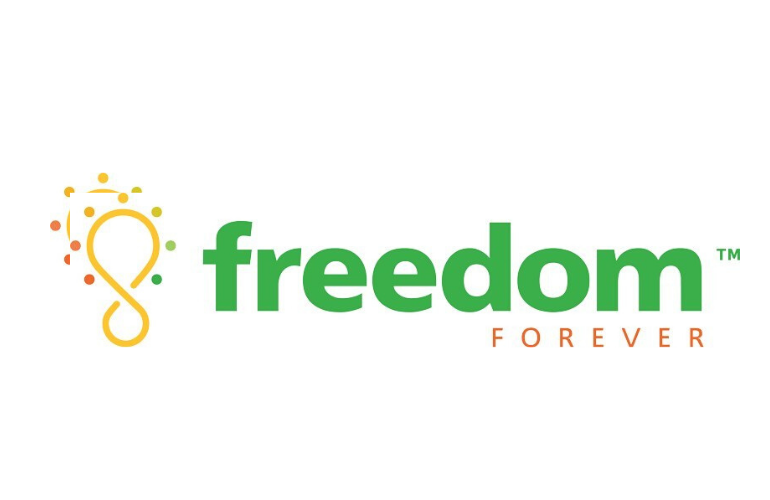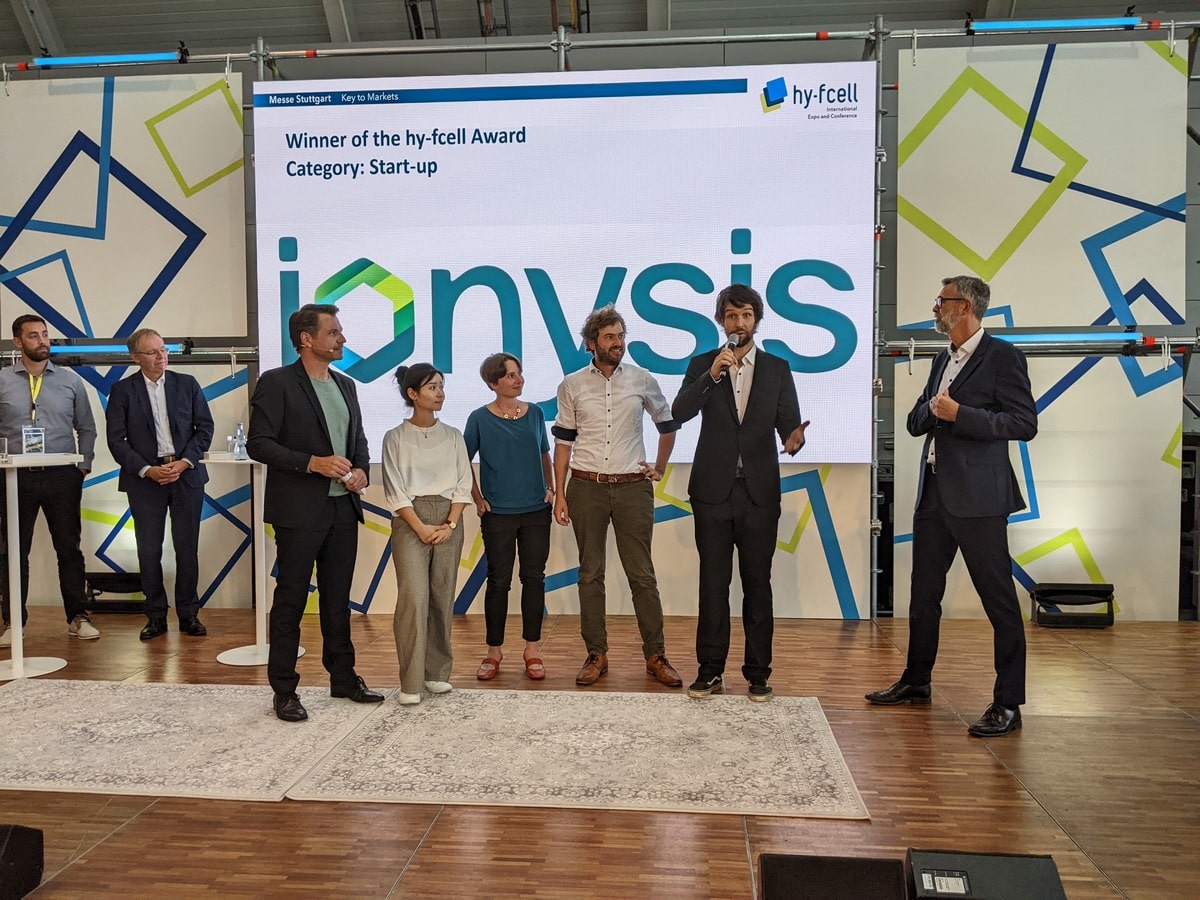
Hy-Fcell has it difficult asserting itself
The aspiration of Landesmesse Stuttgart with Hy-Fcell is to host an international industry feature. This was also the case in earlier years, when the symposium with accompanying exhibition called F-Cell was a meeting point for numerous well-known representatives of the hydrogen and fuel cell community. Now, however, there are other events that are far larger and much more international, while the Hy-Fcell in September 2023 exhibited mainly regional companies within Germany.
In the past, F-Cell was especially a conference. Parallel to this, several companies exhibited their products and services. Trade fair company Landesmesse Stuttgart is attempting to reverse the ratio by attracting more companies to the exhibition grounds, which are located directly by the airport in Stuttgart.
Compared to the previous year, a noticeable increase in the number of exhibitors was also recorded. Particularly regional players from the industrially strong surrounding area used the opportunity to present themselves and their products. Of course, foreign companies were also on site, but compared to the Hydrogen Technology Expo, the percentage was rather low. While almost solely English was spoken at the trade fair in Bremen, the chatter in Stuttgart was mainly German.
The significance of the conference, which was held in a rather remote location, seems to be diminishing substantially. During the opening session, there was a conspicuous number of empty chairs in the large hall. In the talks that H2-international held with participants, it also became clear that to the majority, the knowledge gained and the conference fees didn’t align.
Hy-Fcell Award for Ionysis
Noteworthy is that the innovation prize for hydrogen and fuel cells Hy-Fcell Award was given to the team around Matthias Breitwieser for the fourth time. This three-category prize worth 30,000 euros in total is given out every year by the German state Baden-Württemberg and supported by Wirtschaftsförderung Region Stuttgart, the Baden-Württemberg ministry for environment and energy, and Landesmesse Stuttgart.
This time, Breitwieser with the company Ionysis GmbH (see H2-international May 2023) competed in the category Start-up. The young company was founded in 2022 as a spin-off of Universität Freiburg and the research association Hahn-Schickard-Gesellschaft für angewandte Forschung, and currently has 15 employees who, among other things, specialize in finding alternatives to so-termed forever chemicals.
The young scientists developed membrane electrode assemblies (MEAs) that do not require the use of environmentally harmful fluorine compounds called PFAS (per- and polyfluorinated chemicals) – without sacrificing performance or costs. They replaced the previous standard material Nafion with hydrocarbons. Already in 2015, 2019 and 2022, the working group “Elektrochemische Energiesysteme” of Uni Freiburg as well as of the Hahn-Schickard-Gesellschaft received an award.
Breitwieser (see H2-international Oct. 2018 and Jan. 2016) said to H2-international: “The prize has high importance to us – visibility that comes with it has helped us a lot each time: in 2015 with our small academic research group that had just formed and while we were still doctoral students; 2019, as at the time Severin Vierrath and I had taken over the working group from our predecessor Simon Thiele and with the prize received the first public proof of our own successful academic work; and of course now in 2023 with our own first spin-off company. I hope the prize lands a few more times in Freiburg.”
Further prizes went to the institute of vehicle concepts of the DLR (German aerospace center) as well as to Robert Bosch GmbH. Interesting here was the affirmation of Bosch that it is saying goodbye to the fuel cell heating appliance for single-family homes and with the new 100?kW SOFC system wants to advance up to the megawatt range.
Author: Sven Geitmann

